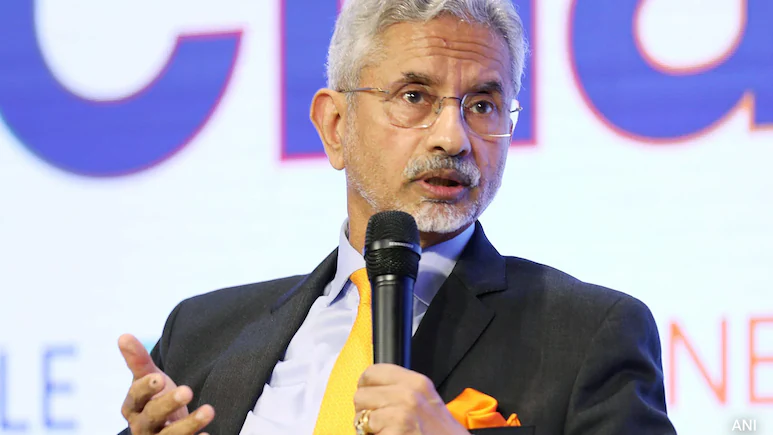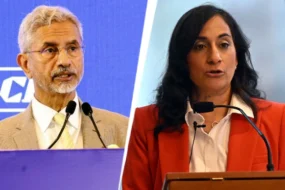
New Delhi: Amid ongoing political tension and a diplomatic stir over ceasefire narratives, External Affairs Minister S Jaishankar made it clear that the Indus Water Treaty remains suspended and will stay that way until Pakistan verifiably ends cross-border terrorism.
This statement follows Pakistan’s recent appeal to India’s Jal Shakti Ministry, urging reconsideration of the water freeze that has hit its agriculture and water supply. India had invoked national security concerns following the April 22 terror attack on tourists in Pahalgam, which led to the indefinite suspension of the treaty.
Ceasefire Request Came from Pakistan: Jaishankar
Speaking on the sidelines of an event, Jaishankar reflected on Operation Sindoor and the May 7 precision strikes on terror bases. He emphasized that India had only targeted terror infrastructure and not the Pakistani military.
“We were not striking at the Pakistani military, so they had the option to stay out—but they didn’t take that advice,” he said. “It became obvious who wanted the firing to stop. On May 10, they were ready to talk.”
Satellite imagery reportedly showed major damage to terror camps, reinforcing India’s response following the Pahalgam attack.
Trump’s Ceasefire Claim Sparks Political Debate
Jaishankar’s remarks also indirectly responded to US President Donald Trump, who controversially claimed that Washington had brokered the ceasefire in exchange for potential trade talks with both nations.
Without naming Trump, Jaishankar reiterated India’s position on strictly bilateral dealings with Pakistan and rejected third-party involvement, especially on issues like Kashmir.
“Trade talks with the US have been ongoing, but nothing is final until everything is. It has to be mutually beneficial,” he said, dismissing speculation about any linkage between ceasefire and trade.
Trump had made the ceasefire announcement just before India officially declared it on May 10, stirring criticism from the Congress party, which demanded a special parliamentary session to clarify the government’s position.
India has since maintained that the ceasefire initiative came from Islamabad, not as a result of any foreign mediation. The controversy continues to fuel a political debate on sovereignty, diplomacy, and the real motives behind the temporary halt in hostilities.
















